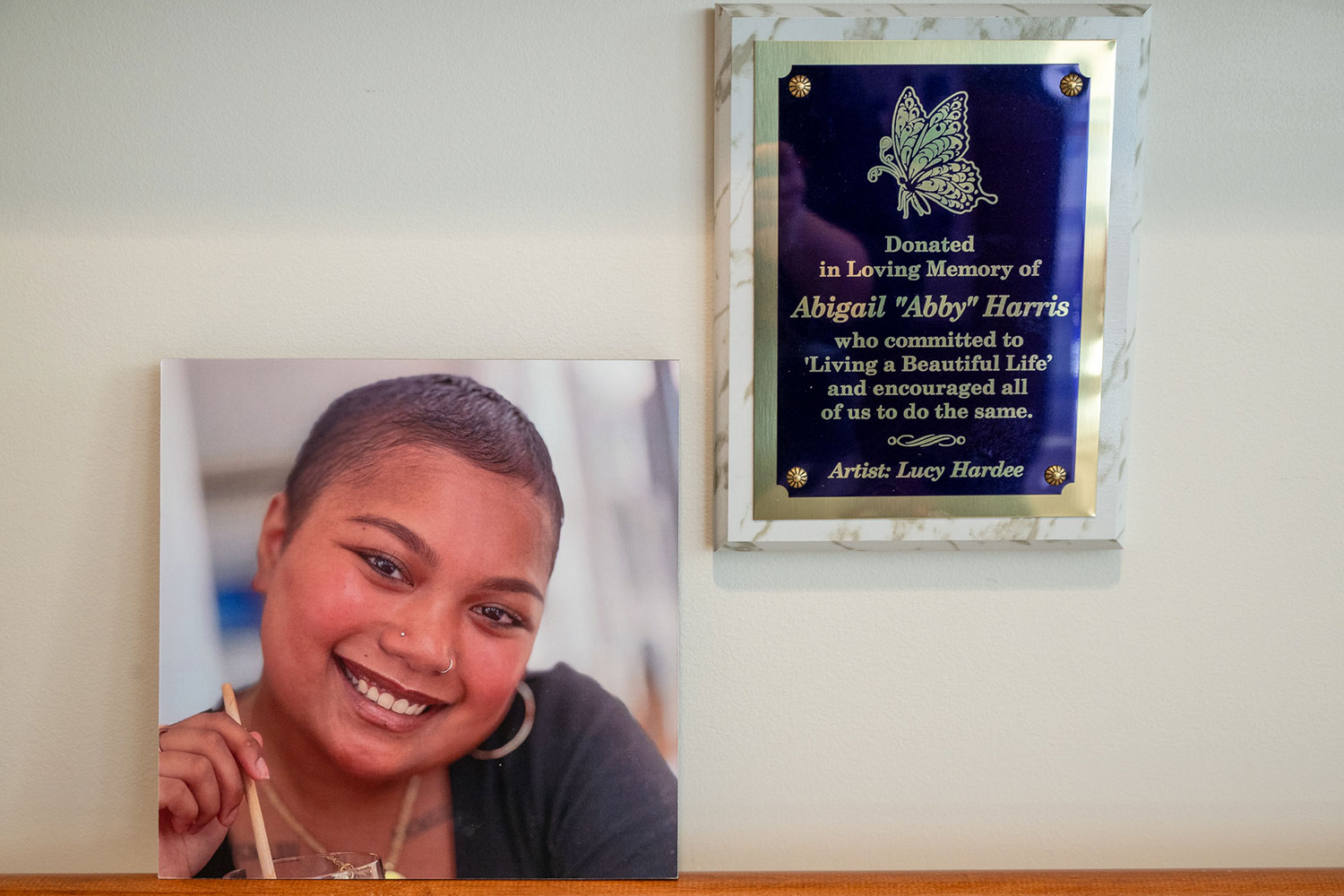Connie Ali, 88 of Farmington, came to the UConn Center on Aging for her final appointment as part of the STEP-HI clinical trial that she had taken part in after she had broken her hip. However, during this final visit, the study team would catch a condition that, if undiagnosed and untreated could have led to a future stroke.
The STEP-HI clinical trial enrolls women over the age of 65 who have fractured a hip within the past six to twenty weeks. Study participants are randomly assigned to one of three groups. Two groups participate in individual supervised exercise training sessions twice per week for six months and are asked to apply a gel daily (testosterone or placebo) while a third group is given structured exercises to do at home.
In addition to the exercise training, all participants receive free vitamin D and calcium supplements, a mammogram, bone density tests, physical exams with a physician or APRN, and transportation to and from UConn Health.
“On top of all these benefits, participants love the added value of being watched closely by a team of healthcare professionals throughout the study,” says Heather McAbee-Sevick, the study coordinator and exercise interventionist at the UConn Center on Aging.
It was this attention that may have saved Connie’s life.
On Connie’s last visit upon completion of her six-month exercise intervention period, McAbee-Sevick was doing her final health and safety evaluation when she was having a hard time getting the blood pressure cuff to register. She took a manual blood pressure and noticed that the rhythm was irregular and warranted further evaluation. She notified her colleague, Katie Obuchon, APRN, BSN, MSN, NP-C, and upon further evaluation and physical exam it was decided that an electrocardiogram (EKG) would be performed, which wasn’t routine for the study, but McAbee-Sevick and Obuchon just weren’t feeling comfortable and wanted to be sure Connie was okay.
“Diagnosis and management of health conditions in older adults can be very different from what is typically seen in younger individuals,” says Dr. George Kuchel, Director, UConn Center on Aging. “It is important that your provider has the right training and skill set.”
Connie’s blood pressure and heart rate were normal, but there was an irregular rhythm and the patient was complaining of increased fatigue, thus the study staff were concerned.
The atrial flutter shown on the EKG meant they needed to get Connie to the Emergency Department (ED). After testing and evaluation in the ED, Connie was diagnosed with atrial fibrillation/flutter.
Atrial fibrillation, often called AFib, is the most common type of treated heart arrhythmia. An arrhythmia is when the heart beats too slowly, too fast, or in an irregular way.
Atrial fibrillation and atrial flutter can lead to blood clots, stroke, heart failure, and other heart-related complications.
Connie was placed on medication and referred to a cardiologist who can help her manage and watch the condition.
Connie’s daughter Rose Ali attributes this condition being caught early to her being in the STEP-Hi program, and their diligence in care. “Everyone was extremely caring and professional at UConn Health,” says Rose.
“We don’t know if she would have had a stroke or not, but now we are aware of the condition and treat it accordingly,” says Rose. “We may have not known until it was too late otherwise.”
The STEP-HI program helped Connie with her mobility, balance, and strength after her hip surgery, as well as finding a heart-related complication early.
Connie wasn’t the only one who benefited from the close watch of the team during the study, even when it was done virtually for some time during the COVID-19 surge.
McAbee-Sevick and Obuchon report that they were able to help several patients thus far in the study with ancillary issues due to their regular contact and careful monitoring, including another patient who needed an adjustment to her insulin dose and one who was referred to her doctor for a course of antibiotics for a diabetic foot issue.
“Participating in a study provided these women with the added benefit of access to the healthcare they wouldn’t have otherwise had, and helped prevent other health complications,” says Obuchon.
The multisite STEP-HI trial located at UConn Health is co-led by Dr. George Kuchel, Dr. Jenna but Bartley, and Richard Fortinsky, Ph.D. Interested individuals and healthcare providers can contact site study coordinator Heather McAbee-Sevick at 860-679-6115 or mcabeesevick@uchc.edu for more information.



